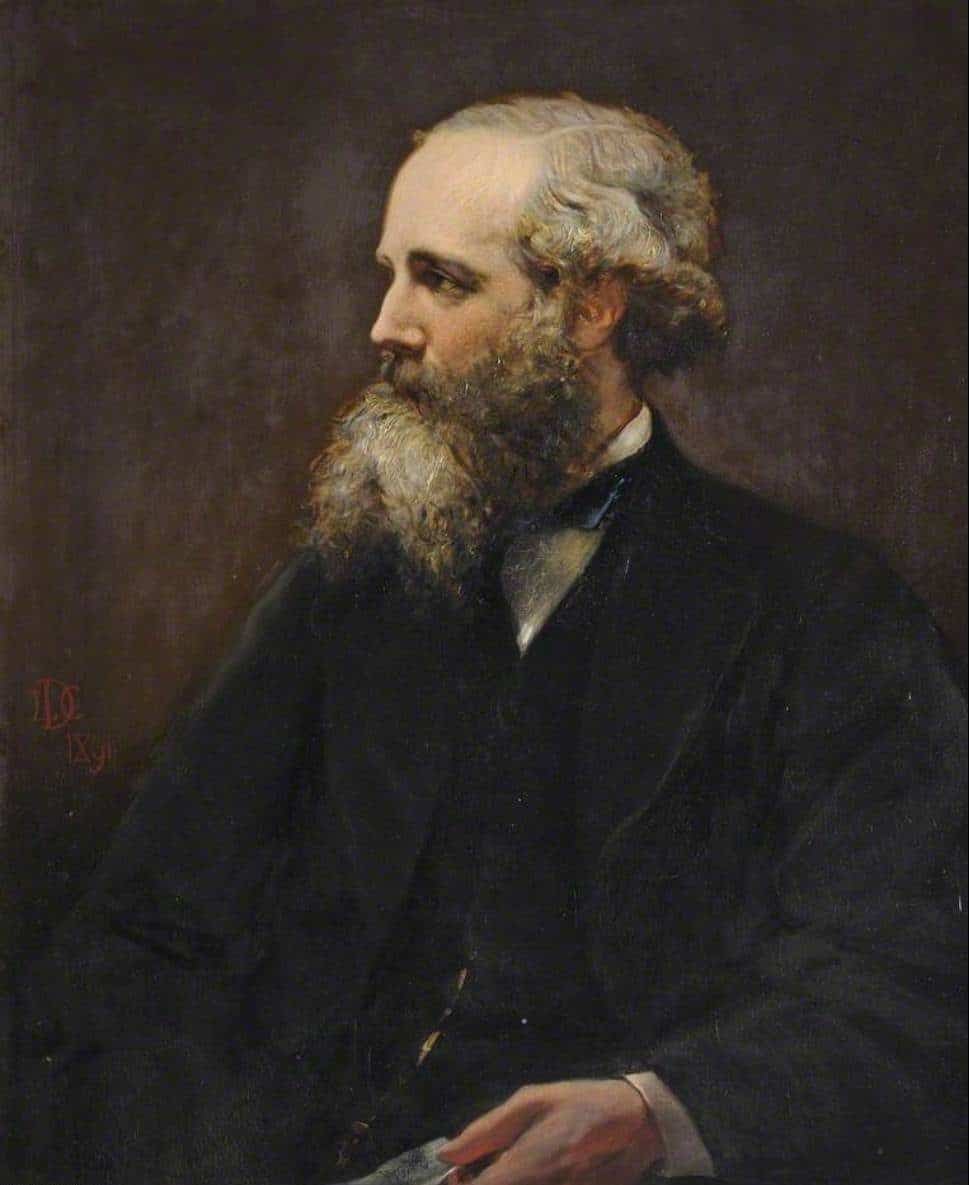In the grand tapestry of scientific exploration, few figures shine as brightly as James Clerk Maxwell. Born on June 13, 1831, in Edinburgh, Scotland, Maxwell’s life was destined for the realms of brilliance and intellectual pursuit.
From his early years, Maxwell displayed a prodigious intellect, demonstrating a deep fascination with the mysteries of the natural world. His insatiable curiosity led him to explore a wide array of subjects, from mathematics to poetry, laying the groundwork for a multifaceted approach to understanding the universe.
Maxwell’s journey into the annals of scientific history began with his studies at the University of Edinburgh and later at Cambridge University, where he delved into the intricacies of mathematical physics under the guidance of esteemed mentors. It was during these formative years that Maxwell began to unravel the enigma of electricity and magnetism, paving the way for some of his most groundbreaking discoveries.
One of Maxwell’s most enduring contributions to science was his unification of the electric and magnetic fields. Through a series of elegant equations, Maxwell demonstrated that these seemingly distinct forces were, in fact, manifestations of a single, unified electromagnetic force. This revelation not only transformed our understanding of the fundamental forces of nature but also laid the foundation for the modern field of electromagnetism.
Maxwell’s equations, often referred to as Maxwell’s laws, provided a mathematical framework for describing the behavior of electromagnetic waves. These waves, Maxwell proposed, propagated through space at the speed of light, leading him to the revolutionary conclusion that light itself was an electromagnetic phenomenon. This profound insight not only united the disparate fields of electricity, magnetism, and optics but also paved the way for countless technological advancements, from wireless communication to the exploration of the cosmos.
In addition to his contributions to electromagnetism, Maxwell made significant strides in the fields of thermodynamics and statistical mechanics. His pioneering work on the kinetic theory of gases provided a rigorous theoretical foundation for understanding the behavior of gases at the molecular level, shedding light on phenomena such as temperature, pressure, and entropy.
Beyond his scientific achievements, Maxwell was a man of boundless creativity and curiosity. He possessed a deep appreciation for the arts and humanities, finding inspiration in poetry, literature, and music. Maxwell’s interdisciplinary approach to science, coupled with his relentless pursuit of knowledge, serves as a testament to the transformative power of intellectual curiosity and interdisciplinary thinking.
James Clerk Maxwell’s impact on humanity is immeasurable. His groundbreaking discoveries not only revolutionized our understanding of the natural world but also laid the groundwork for some of the most transformative technologies of the modern age. From the wireless communication that connects us across vast distances to the exploration of distant galaxies, Maxwell’s legacy continues to inspire and shape the course of human progress.
